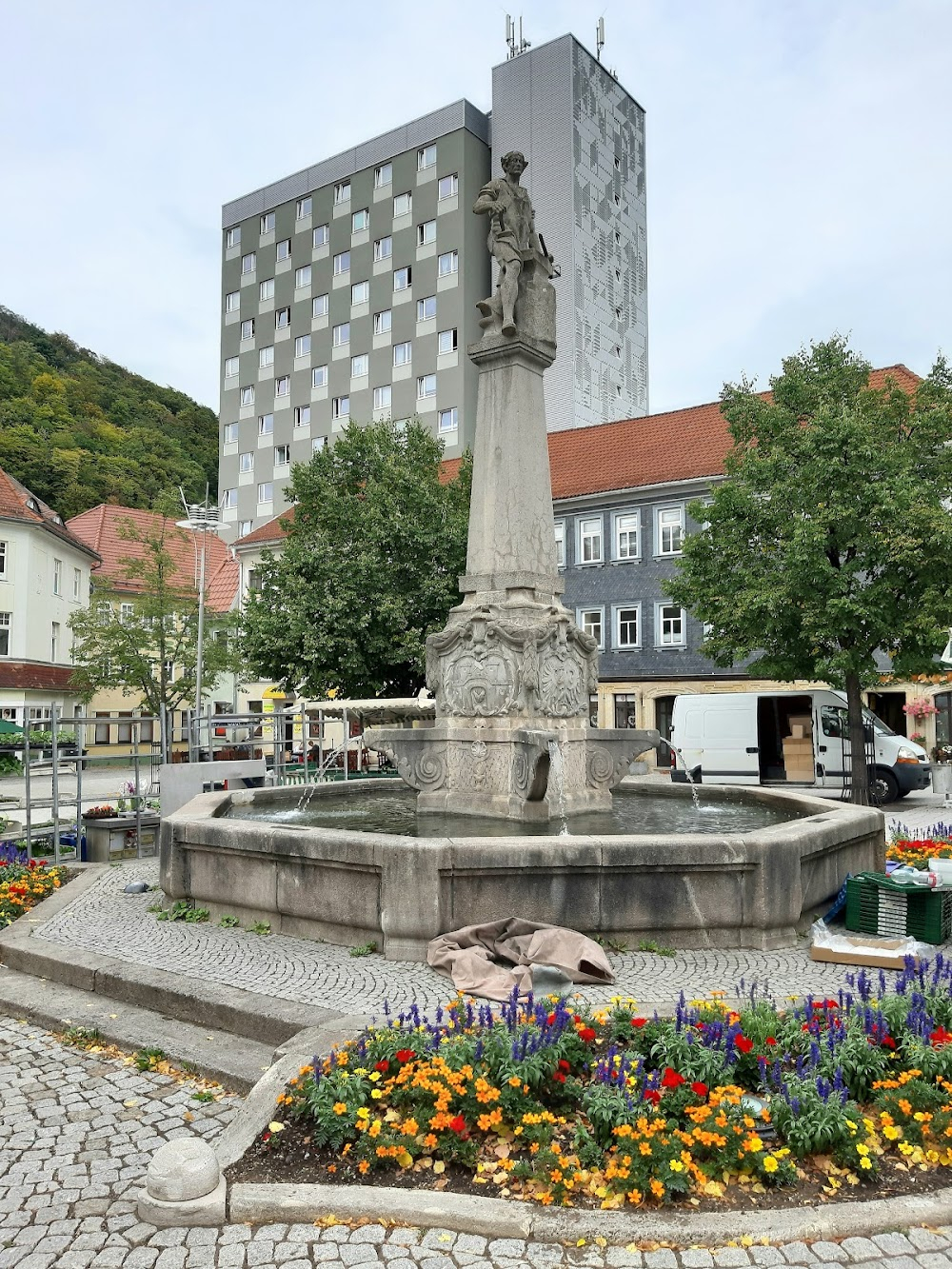Balkan Traffic - Übermorgen nirgendwo Filming Locations
Balkan Traffic - Übermorgen nirgendwo Filming Locations
Berlin, Germany’s capital, dates to the 13th century. Reminders of the city's turbulent 20th-century history include its Holocaust memorial and the Berlin Wall's graffitied remains. Divided during the Cold War, its 18th-century Brandenburg Gate has become a symbol of reunification. The city's also known for its art scene and modern landmarks like the gold-colored, swoop-roofed Berliner Philharmonie, built in 1963.
Split, is the second-largest city of Croatia after the capital Zagreb, the largest city in Dalmatia and the largest city on the Croatian coast. It lies on the eastern shore of the Adriatic Sea and is spread over a central peninsula and its surroundings.
Suhl is a city in Thuringia, Germany, located SW of Erfurt, 110 kilometres NE of Würzburg and 130 kilometres N of Nuremberg. With its 37,000 inhabitants, it is the smallest of the six urban districts within Thuringia.
Thuringia, officially the Free State of Thuringia, is a state of central Germany, covering 16,171 square kilometres, the sixth smallest of the sixteen German states. It has a population of about 2.1 million. Erfurt is the capital and largest city. Other cities are Jena, Gera and Weimar.
Zagreb, Croatia’s northwestern capital, is distinguished by its 18th- and 19th-century Austro-Hungarian architecture. At its center, Upper Town is the site of the Gothic, twin-spired Zagreb Cathedral and 13th-century St. Mark’s Church, with a colorfully tiled roof. Nearby is pedestrian-friendly Tkalčićeva Street, lined with outdoor cafes. Lower Town has the main square, Ban Jelačić, plus shops, museums and parks.
Balkan Traffic - Übermorgen nirgendwo (2008)
This documentary feature addresses the question of how gay men lived and could live their lives under 'real socialism'...

